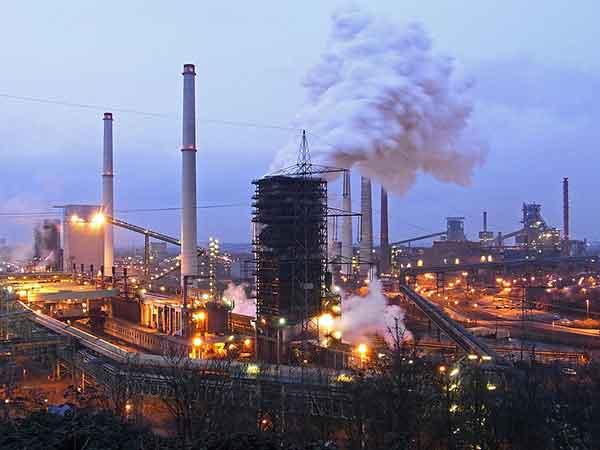Protecting Employees from Coke Oven Emissions
Emissions from the high-temperature, air-free ovens that purify coal into coke have been found to be carcinogenic and therefore potentially harmful to workers. But precautions can be taken to limit exposure to these emissions and reduce the risk.
While Working
When coke oven doors are well fitted, up to date, and in good repair, emissions are greatly reduced. Workers can also limit exposure with protective clothing to prevent skin contact with harmful substances and respirators so that emissions are not breathed into the body. Employers are required to provide these items, and employees are required to wear and use them. Those working around coke ovens shouldn’t be consuming anything in that space—not food, drink, or even gum or cigarettes. Lunchrooms must be offered for employee use.
After Exposure
Coke oven facilities must have showers so that workers can rinse off any residue after removing the protective clothing. It’s the employer’s responsibility to cleanse the protective clothing between shifts. These hygiene practices are important to avoid skin contact with residue that has been left on the clothing. No employee wants to stay in contact with harmful substances after work or bring them home to the family.
Over Time
Both the condition of the oven and the oven doors and the health of employees who work near it must be monitored on a consistent basis. Ovens should be checked for emissions, and workers have a right to know the results. Employers must provide annual medical exams for employees to check on areas of the body that might be impacted by exposure.
The coking of coal is important for creating energy, and so it’s also important to maintain the safety of the equipment and people who make that happen. Upgraded equipment and protective measures are essential in keeping everything and everyone running right.
